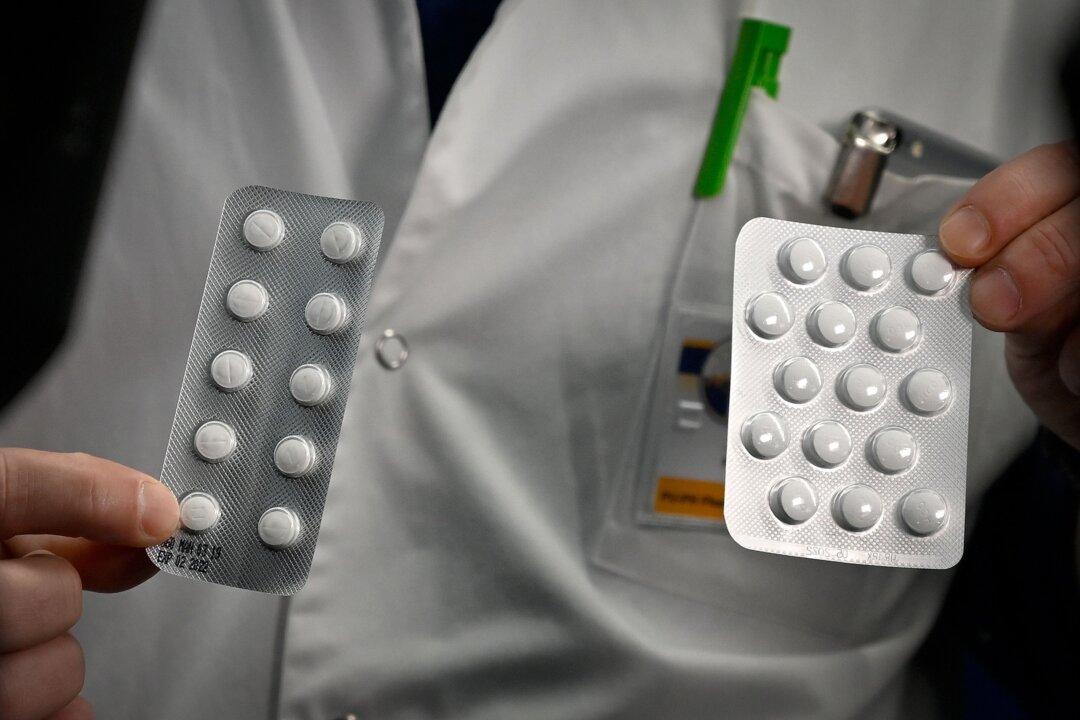A drug usually used to treat malaria showed promise in treating patients with COVID-19, the disease caused by the CCP virus.
French researchers gave hydroxychloroquine to 20 patients daily and all eventually recovered from the disease, which is caused by the novel coronavirus, or SARS-CoV-2. Combining hydroxychloroquine with another drug, azithromycin, had an even greater effect on the patients, the researchers wrote in their final report (pdf).





